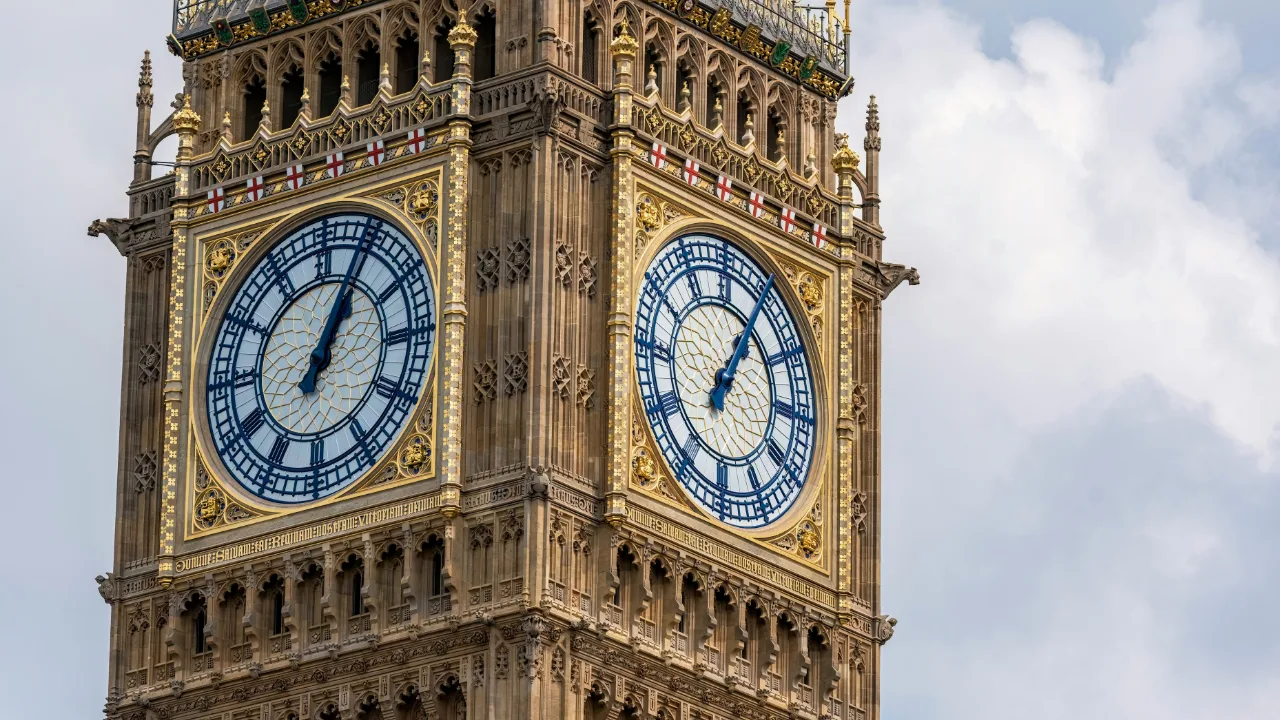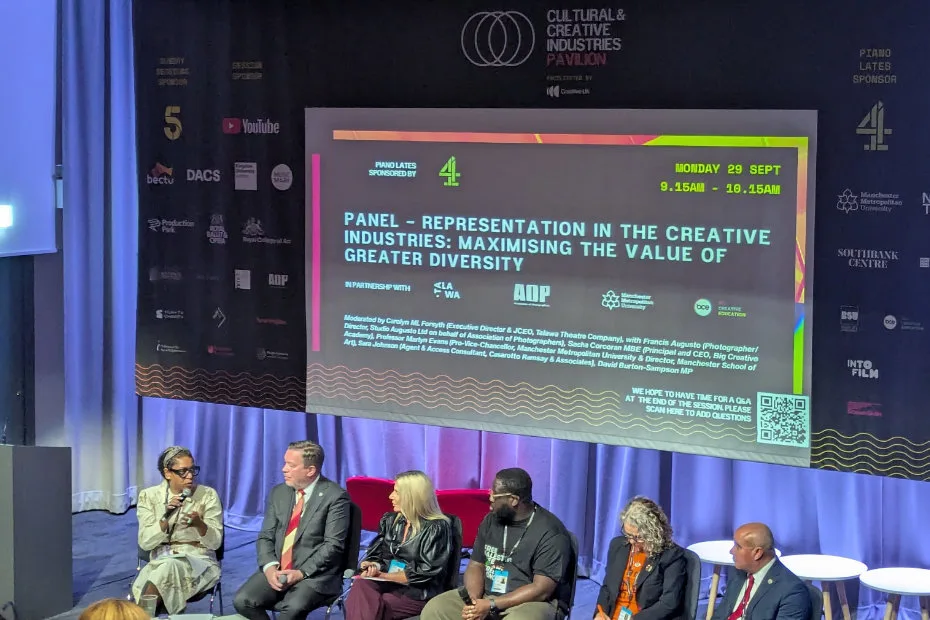Under the three word strapline, Check, Change, Go, a new campaign aims to prepare the UK for the end of the “transition period” on 31st December 2020. According to the UK Government, “The campaign will ensure we are all ready to seize the opportunities available for the first time in nearly fifty years as a fully sovereign United Kingdom.”
What is the room for manoeuvre for the UK as a sovereign country? And what will the end of the transition period imply for the creative industries? In this blog, I will discuss aspects relating to intellectual property law, in the context of the wider legal order.
The country of origin principle and EU unitary rights
For the UK government, restoring sovereignty means leaving the EU single market and customs union, and replacing it with a Free Trade Agreement (FTA), and indeed other FTAs with countries such as the US, Japan, Australia and New Zealand. This entails abandoning key concepts of EU market integration that did not require full legal harmonisation, but enabled borderless trade in goods and services. These includes the ‘country of origin’ principle.
This principle ensures that businesses only have to comply with local regulations, or in certain circumstances need to clear rights only in the origin country, while still being able to offer products across the entire internal market. To give one example: without a specific agreement with the EU, UK firms providing e-commerce, advertising or audio-visual services into the EU will fall under the jurisdiction of each individual EU Member State, and will have to clear multiple regulatory hurdles. Previously, compliance with UK law was sufficient for market access. Vice versa, EU companies will no longer be able to provide services in the UK intended for EU audiences (e.g. via Satellite broadcast decoder devices). The UK general public may see an early effect on the football screens in pubs and hairdressers.
Leaving the internal market, the UK will also leave behind unitary EU intellectual property rights such as 1.4 million registered EU trade marks. This will become effective across all Member States with one application, or automatically in the case of unregistered EU design rights or the sui generis database right. While the UK has provided that registered EU trade marks and design rights will be unilaterally converted into comparable UK rights with effect of 1 January 2021, this of course cannot happen in the other direction. EU regional exhaustion also will no longer apply. After the end of the transition period, an intellectual property right will not be exhausted if a good protected by that right has been lawfully put on the market in the UK. That is, the good cannot be automatically distributed across the EU.
Both of these fundamental changes, to the country of origin and intellectual property rights structure, require that all UK creative industry firms with EU exposure will need to reconfigure their regulatory compliance and intellectual property strategy. This is clearly a major cost to businesses. They need to audit current arrangements, and they will find future business with the EU more cumbersome. But reconfiguration also may carry opportunities.
Regulatory divergence and regulatory competition
The main opportunity of exiting the EU lies in regulatory divergence, creating an environment more conducive to innovation. This may lead to the development of new products and services “stifled” by current EU regulations, and perhaps also attract inward investment.
I have discussed copyright law as an early example of regulatory divergence when the issue emerged in January 2020. The UK government announced that it had no intention to implement the Directive on Copyright in the Digital Single Market, even though it had voted for the EU legislation in Spring 2019.* The Directive includes a controversial change to the liability regime of platforms that host user-uploaded content. Article 17 (formerly 13) creates a new category of “online content sharing service provider” that will no longer benefit from the “safe harbour” of the e-Commerce Directive, a core piece of internet legislation adopted in the year 2000. The e-Commerce Directive exempts platforms from liability for unlawful content found on their services (if removed “expeditiously” following notice).
So let’s explore for a moment platform regulation, an issue of strategic interest to the creative industries as their content and services move online. What could an independent UK trade policy achieve here?
Under the Political Declaration setting out the framework for the future relationship between the European Union and the United Kingdom, both parties are committing to a “level playing field for open and fair competition”. Since this a key section of the Declaration, it is worth quoting.
“Given the Union and the United Kingdom’s geographic proximity and economic interdependence, the future relationship must [emphasis added] ensure open and fair competition, encompassing robust commitments to ensure a level playing field. The precise nature of commitments should be commensurate with the scope and depth of the future relationship and the economic connectedness of the Parties. These commitments should prevent distortions of trade and unfair competitive advantages. To that end, the Parties should uphold the common high standards applicable in the Union and the United Kingdom at the end of the transition period in the areas of state aid, competition, social and employment standards, environment, climate change, and relevant tax matters [emphasis added].”
The areas singled out below the “must” language of a “level playing field” are “state aid, competition, social and employment standards, environment, climate change, and relevant tax matters”.
Platform regulation, as well as many aspects of intellectual property and e-commerce law, seems to offer more room for flexibility. For example, liability standards in the UK could be different. This could make it more or less attractive for Platforms to locate in the UK. Interventions could increase or decrease the bargaining and licensing position of the creative industries. On the other hand, Platforms by their very nature operate across borders, which may indicate that transnational regulatory coordination is needed.
The need for cross-agency and international collaboration is acknowledged in a recent report by the UK Competition and Market Authority (CMA). The report recommends the establishment of a Digital Market Unit (DMU) with powers to compel information from “strategic market status” firms and “co-ordinate and share information with UK regulators such as CMA, Information Commissioner’s Office and Ofcom, and with overseas authorities with similar objectives”.
The PEC will publish a more strategic assessment of Platform Regulation (based on my current work with Prof. Philip Schlesinger) and of the scope for an independent UK trade policy during the autumn (also as part of its work in international competitiveness led by Prof. Giorgio Fazio from Newcastle University).
As a starting point, businesses in the creative industries should read the notices offered by both the EU and the UK on their respective understanding of the situation after the end of the transition period. Some of these assessments may change if a Free Trade Agreement is concluded successfully, but taken together they clearly signal where regulatory scope is likely to shift. In particular, I recommend considering the EU notices on copyright, data protection, E-commerce, exhaustion of intellectual property rights, geo-blocking, and trade marks and Designs.
Sovereignty and transnational rules
In conclusion, sovereignty is always in tension with transnational rules, such as the “level playing field” commitments articulated in the Political Declaration or the “enhanced equivalence” negotiations in the regulation of financial services. No country can unilaterally decide what standards are acceptable to achieve or maintain access to other markets. For example, if the EU (as a bloc) is not willing to change its standards, or the processes by which new standards are adopted, the UK will need to shadow many EU rules to achieve equivalence. This is the first loss of sovereignty. The alternative is to lose reciprocal access.
It is possible to fudge the language in which this shadowing is done. For example, it can be presented as a sovereign decision of the UK, which could take a different course at any time. As floated recently in The Spectator, such a potential compromise may be on offer. A deal could declare that the UK has the sovereign right to move away from the EU’s level playing field should it so choose. But the underlying logic will not change: less equivalence, less market access.
A second inevitable loss of sovereignty involves the resolution of disputes over agreed common standards. Here it is the UK’s position that a dispute resolution body cannot involve the Court of Justice of the European Union (CJEU). Arguably, the arbitrator should be seen to be independent of the parties to a dispute. On the other hand, any arbitration body would not have the jurisdiction to interpret autonomous EU concepts. Ensuring a harmonised interpretation across 27 Member States is the role of the CJEU. While the issue of the Court of Justice is specific to the UK-EU negotiations, the two types of losses to sovereignty (common standards, dispute settlement) will surface in all Free Trade Agreements currently under negotiation. For the creative industries, the concern should not be the loss of sovereignty but ensuring maximum market access while fostering appropriate domestic capability and innovation.
*Boris Johnson (then out of government) tweeted during the European legislative process on 27 March 2019: “The EU’s new copyright law is terrible for the internet. It’s a classic EU law to help the rich and powerful, and we should not apply it. It is a good example of how we can take back control”.
The blog is based on Martin’s contribution to the Westminster Media Forum policy conference The future for the UK’s copyright framework on 16th July 2020.
Photo by Ricardo Gomez Angel
The PEC’s blog provides a platform for independent, evidence-based views. All blogs are published to further debate, and may be polemical. The views expressed are solely those of the author(s) and do not necessarily represent views of the PEC or its partner organisations.
Related Blogs
From Wales to the World: Why International Cultural Policy Needs a Future Generations Lens
This guest blog is from Professor Sara Louise Pepper, a member of our Global Creative Economy Counci…
10 facts about Creative Industries growth potential
Discover ten key findings from the report 'High-Growth Potential Firms in the UK's Creative Industri…
Why London is investing in Creative Enterprise Zones
London Mayor Sir Sadiq Khan announces £2.2 million in new funding for Creative Enterprise Zones.
Research resources on Creative Clusters
We’ve collated recent Creative PEC reports to help with the preparation of your Creative Cluster bid…
What UK Job Postings Reveal About the Changing Demand for Creativity Skills in the Age of Generative AI
The emergence of AI promises faster economic growth, but also raises concerns about labour market di…
Creative PEC’s digest of the 2025 Autumn Budget
Creative PEC's Policy Unit digests the Government’s 2025 Budget and its impact on the UK’s creative …
Why do freelancers fall through the gaps?
Why are freelancers in the Performing Arts consistently overlooked, unseen, and unheard?
Insights from the Labour Party Conference 2025
Creative PEC Policy Adviser Emily Hopkins attended the Labour Party Conference in September 2025.
Association of South-East Asian Nations’ long-term view of the creative economy
John Newbigin examines the ASEAN approach to sustainability and the creative economy.
Culture, community resilience and climate change: becoming custodians of our planet
Reflecting on the relationship between climate change, cultural expressions and island states.
Cultural Industries at the Crossroads of Tourism and Development in the Maldives
Eduardo Saravia explores the significant opportunities – and risks – of relying on tourism.












